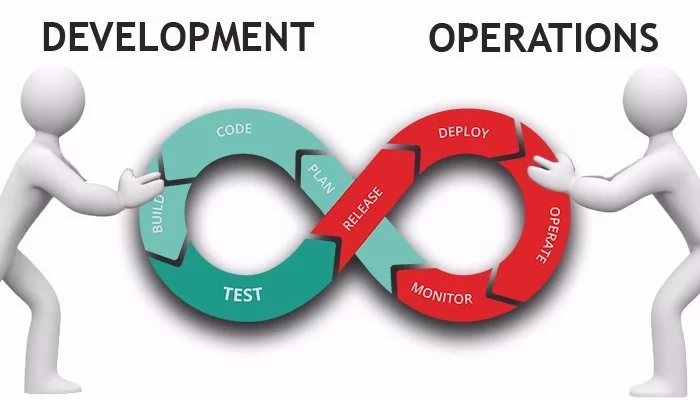Day 1 : Introduction to Devops
 Shahanaz Shanu
Shahanaz ShanuTable of contents

📚 What is DevOps
DevOps is a culture and set of practices that emphasize teamwork and communication between development and operations teams. It emphasizes the use of automation and tools to make the software development and deployment process more efficient. Continuous integration and continuous deployment are two DevOps practices that help to automate numerous manual operations.
📚What is Automation, Scaling, and Infrastructure
💡 Automation in DevOps
Automation can be used in a variety of situations, including code compilation, testing, deployment, configuration management, and monitoring. DevOps teams can achieve faster and more reliable software delivery, boost productivity, and assure consistency across environments by automating these operations.
💡 Scaling in DevOps
In DevOps, scaling refers to the ability to handle higher workloads and accommodate expansion while maintaining performance and availability. It entails creating systems and architectures that can adapt to changing demands and handle additional traffic, data, or user load with ease.
💡Infrastructure in DevOps
Infrastructure as Code (IaC) is a significant idea in DevOps that involves managing infrastructure configurations programmatically. Organisations can version manage their infrastructure, automate provisioning, and assure consistency across development, testing, and production environments by treating infrastructure as code. IaC makes it possible for teams to easily replicate infrastructure settings, enforce configuration standards, and reduce manual configuration errors.
📚Why DevOps is Important
🚀 Accelerated software delivery: DevOps allows organizations to release software faster and more frequently by automating processes, fostering collaboration, and implementing CI/CD pipelines.
🤝 Increased collaboration and communication: DevOps breaks down silos between teams, promoting close collaboration, shared responsibilities, and effective communication among developers, operations professionals, and other stakeholders.
🔄 Continuous feedback and improvement: DevOps emphasizes a culture of continuous improvement by collecting feedback at different stages of development, enabling iterative enhancements and faster issue resolution.
🔒 Enhanced stability and reliability: DevOps focuses on infrastructure automation, configuration management, and testing, resulting in stable and reliable software systems with reduced errors.
💡 Efficient resource utilization: DevOps optimizes resource allocation through practices such as scaling, virtualization, and containerization, leading to cost savings and improved performance.
🔐 Improved security: DevOps integrates security practices into the development process, enabling proactive identification and resolution of security issues and quick responses to threats.
📚 Conclusion🚀
In summary, DevOps (🚀🤝🔄🔒💡🔐) accelerates software delivery, promotes collaboration, enables continuous improvement, enhances stability, optimizes resource utilization, and improves security.
Thank you for reading!📖🌟Let's keep learning, growing, and making a difference in the world of technology together.
Subscribe to my newsletter
Read articles from Shahanaz Shanu directly inside your inbox. Subscribe to the newsletter, and don't miss out.
Written by
